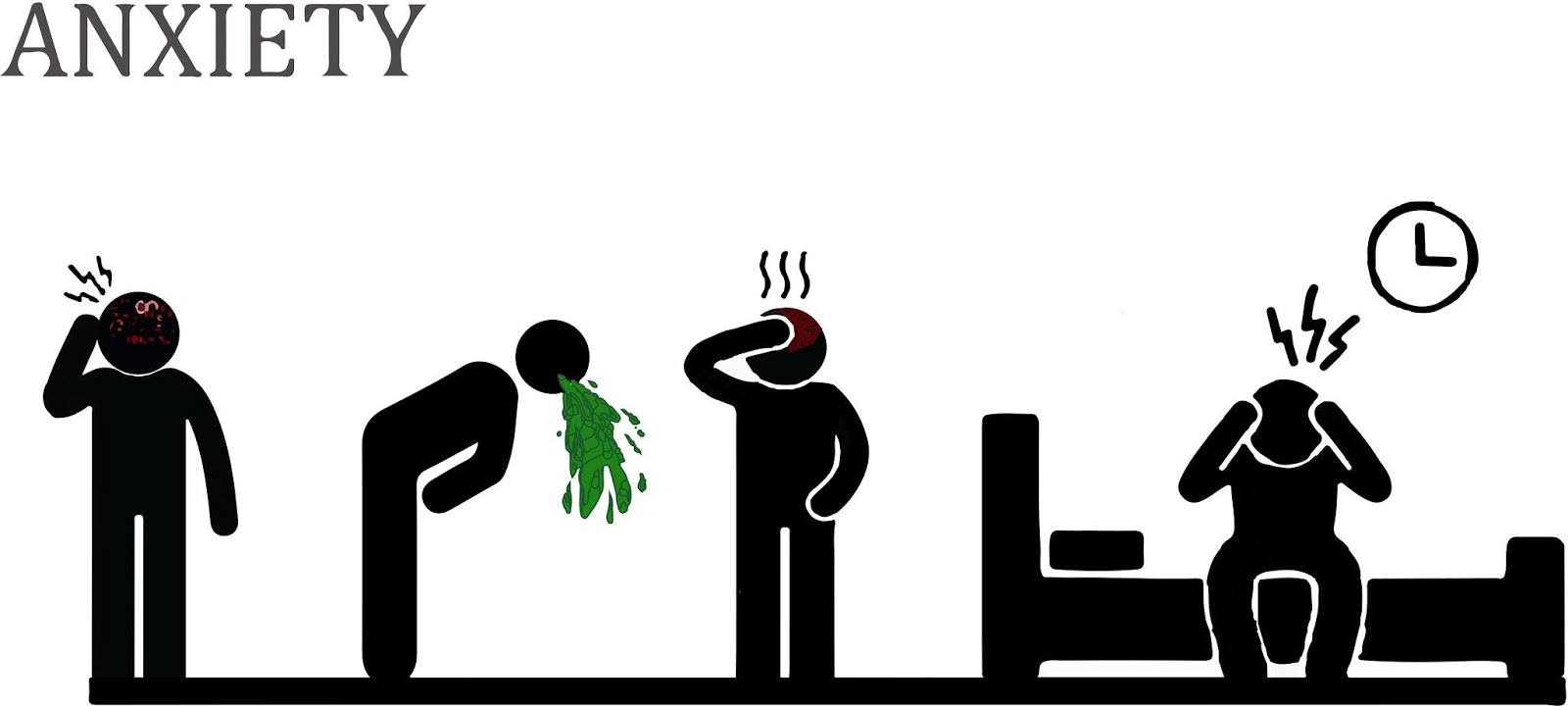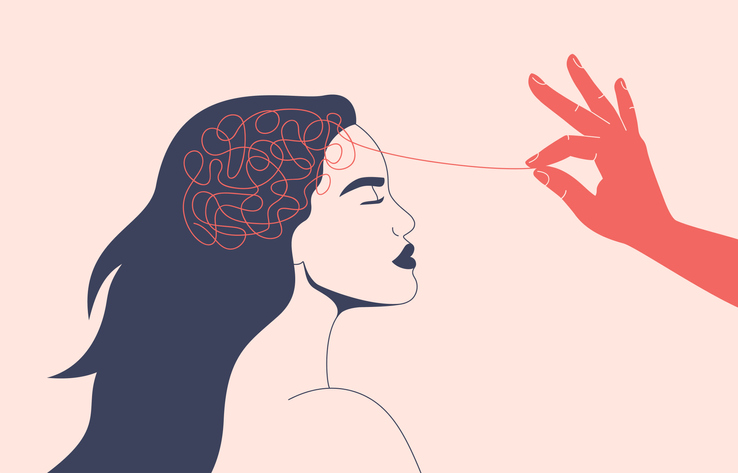Anxiety is a common condition among adults. According to the CDC, 11.7% of American adults over 18 regularly experience feelings associated with anxiety. An estimated 19.1% of U.S. adults had a diagnosed anxiety disorder in the last year, and 31.1% will experience an anxiety disorder during their lives.
There are a number of methods commonly used to treat anxiety. Benzodiazepines, like Ativan, are a popular prescription option. However, many people report using cannabis to manage anxiety symptoms. In a 2022 survey, 34.2% of medical cannabis patients said they used it for that purpose.
With both Ativan and cannabis commonly used for anxiety, some may wonder whether it’s safe to use them together.
What is Ativan?
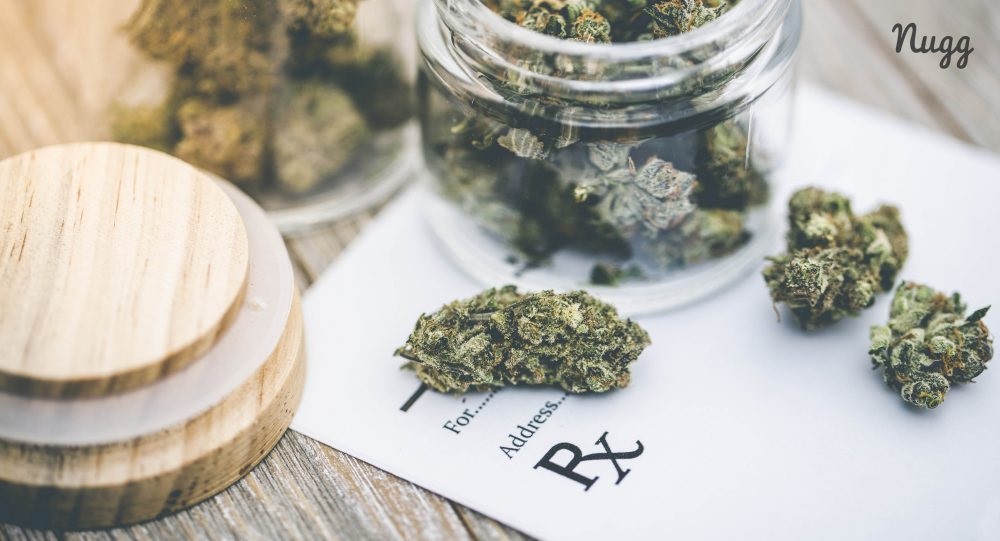
Ativan is a brand name for lorazepam, a medication used to treat anxiety from the benzodiazepine class. Like other drugs in its class, lorazepam works by boosting signals from the GABA neurotransmitter. GABA slows down activity in the brain, sending calming messages to make nerve cells less excitable. For this reason, Ativan is also commonly prescribed to treat insomnia.
Lorazepam has several side effects, ranging from mild to severe. Common mild side effects include:
- Tiredness/drowsiness
- Dizziness
- Feeling weak or lacking energy
- Clumsiness or feeling unsteady
- Nausea
- Diarrhea
- Increased or decreased appetite
- Blurriness or unclear vision
- Constipation
- Changes in sex drive
- Changes in sexual ability
- Unexplained excitement, irritability, or restlessness
Lorazepam also has side effects that are more intense or could indicate a severe underlying reaction. Those include:
- Uncoordinated or shuffling pace
- Tremors that persist over time or an inability to sit still
- Difficulty talking
- Hives, rash, or itching of the mouth, eyes, or face
- Difficulty breathing
- Yellow discoloration in the eyes or skin
- Racing, fast, or irregular heartbeat
Like other benzodiazepines, Ativan has a high risk for dependence. Most doctors will not prescribe it for long-term use for just this reason. Once dependence occurs, withdrawal symptoms are expected.
In addition to Ativan, lorazepam is also known under Lorazepam Intensol and Loreev XR.
Combining Cannabis and Ativan: What the Latest Research Says
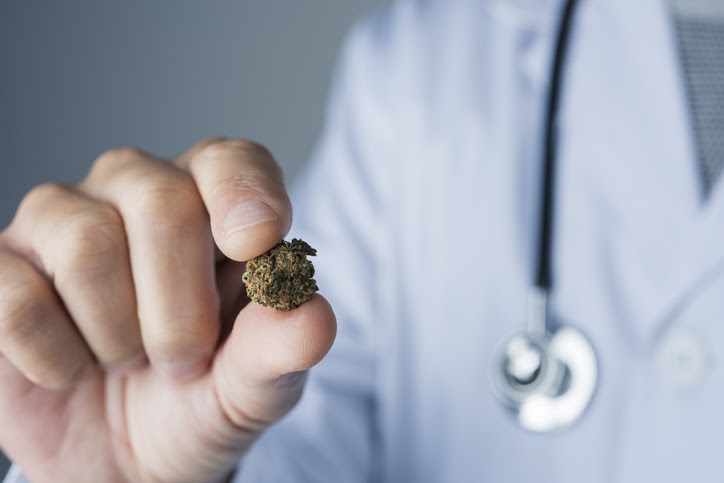
Both cannabis and Ativan are used to relieve symptoms of anxiety, leading people to question whether it’s safe or effective to take them together. It might seem like a natural match, but it may cause dangerous interactions. Medical professionals caution against mixing cannabis and benzodiazepines.
There's some evidence that cannabis may affect how the body metabolizes benzodiazepines like Ativan. According to the most recent research, cannabinoids like CBD inhibit the CYP3A4 enzyme, which the body uses to break down medications, including lorazepam.1 A spreadsheet released by Penn State’s College of Medicine corroborates the idea that cannabis impacts the metabolism of lorazepam, increasing its side effects.
There’s also evidence that cannabis may directly affect the way the body’s GABA receptors work. Ativan, as a benzodiazepine, works by influencing the body’s GABA receptors so that any additional interference could have unexpected consequences.
According to a 2011 study, prolonged cannabis use has the potential to decrease GABA receptors in the brain while also increasing GABA production. When cannabis use is stopped, nerves become overly excitable, which may lead to increased anxiety. However, the study was only conducted on cultured cells, but the results indicate serious implications for mixing cannabis and benzodiazepines.2
Even though research is limited, many medical experts caution that combining cannabis and benzodiazepines may increase the risk of adverse effects. Due to the potential for adverse effects, this combination is generally discouraged.
If you’re using Ativan or another benzodiazepine, it’s important to speak to your doctor before using cannabis. At the same time, if you already use cannabis and are prescribed Ativan, let your doctor know about the cannabis use before taking Ativan.
What About CBD and Ativan?
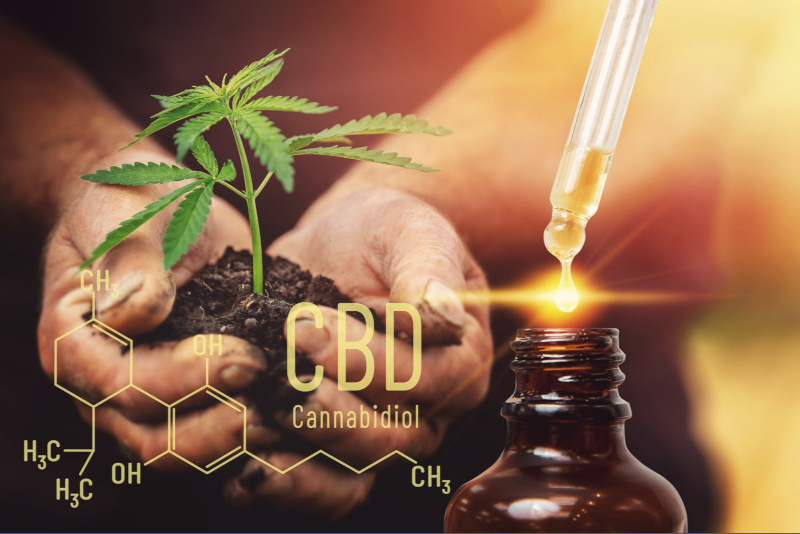
Some people explore CBD as an alternative to THC because it doesn’t cause intoxicating effects. It might seem like combining CBD with Ativan would be safer than using high-THC cannabis, but current research suggests the same risks apply.
CBD may also cause drowsiness, and it’s commonly used by consumers who are struggling to get to sleep3. So, even without the “high” of THC, CBD may still cause drowsiness and could interact with Ativan in ways that increase its effects.
CBD is a known CYP3A4 inhibitor, meaning that, just like high-THC cannabis, CBD has the potential to slow the body’s breakdown of Ativan. This means that the medication will stay in the body longer, which could lead to more severe effects than usual.1
As with THC, combining CBD and Ativan may increase side effects, and this combination is generally discouraged unless recommended by a healthcare provider. Speak with your doctor if you’re considering using Ativan with CBD.
Are You Considering Using Cannabis and Ativan?
Combining cannabis with any substance or medication carries its own risks. Cannabis research is still in its earliest stages, and there is a lot that researchers still don't know. That leaves the door open for unexpected interactions with other substances. If you are considering combining cannabis with any other substance or medication, speak to your doctor for proper medical guidance.
Likewise, stopping the use of a prescribed medication can lead to unintended consequences. Many medications take time to build up in the body. Stopping suddenly can cause unpleasant and potentially serious or even fatal side effects. If you'd like to stop using or replace a medication, you need to follow the guidance of your medical provider to make any approved adjustments safely.
References
- Balachandran P, Elsohly M, Hill KP. Cannabidiol Interactions with Medications, Illicit Substances, and Alcohol: a Comprehensive Review. J Gen Intern Med. 2021;36(7):2074-2084. doi:10.1007/s11606-020-06504-8. ↩︎
- Deshpande LS, Blair RE, DeLorenzo RJ. Prolonged cannabinoid exposure alters GABAA receptor mediated synaptic function in cultured hippocampal neurons. Experimental Neurology. 2011;229(2):264-273. doi:https://doi.org/10.1016/j.expneurol.2011.02.007 ↩︎
- Moltke J, Hindocha C. Reasons for cannabidiol use: a cross-sectional study of CBD users, focusing on self-perceived stress, anxiety, and sleep problems. Journal of Cannabis Research. 2021;3(1). doi:https://doi.org/10.1186/s42238-021-00061-5 ↩︎
The information in this article and any included images or charts are for educational purposes only. This information is neither a substitute for, nor does it replace, professional legal advice or medical advice, diagnosis, or treatment. If you have any concerns or questions about laws, regulations, or your health, you should always consult with an attorney, physician or other licensed professional.


